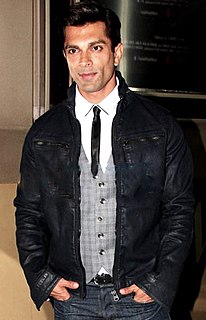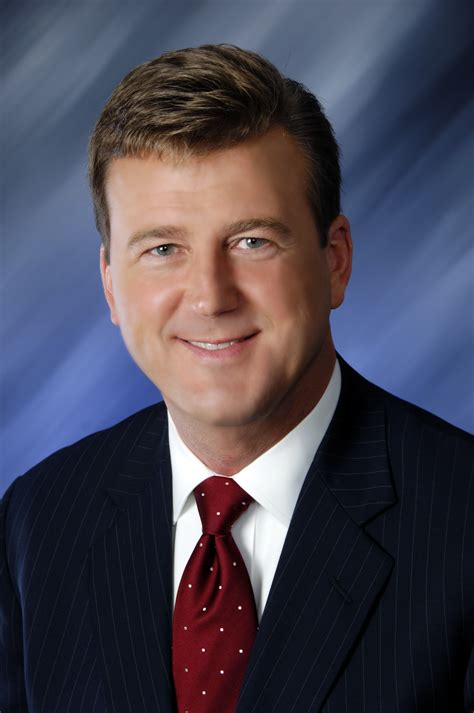A Quote by David Frum
In journalism I can only tell what happened. In fiction, I can show it.
Related Quotes
Science fiction, as I mentioned before, writes about what is neither impossible nor possible; the fact is that, when the question of possibility comes up in science fiction, the author can only reply that nobody knows. We haven't been there yet. We haven't discovered that yet. Science fiction hasn't happened.
In a sense, journalism can be both helpful and detrimental to a writer of fiction because the kind of writing you need to do as a journalist is so different. It has to be clear, unambiguous, concise, and as a writer often you are trying to do things that are more ambiguous. I find that writing fiction is often an antidote to reading and writing too much journalism.
Comedians, such as yourself, Jon Stewart and others, are a valuable supplement, and here's why: Good journalism at its best frequently speaks truth to power. What's happened with journalists - again, I don't except myself from this criticism - in some ways we've lost our guts. We need a spine transplant. What's happened is comedians, in their own way, speak truth to power and fill that vacuum that we in journalism have too often left, particularly post 9/11.




































